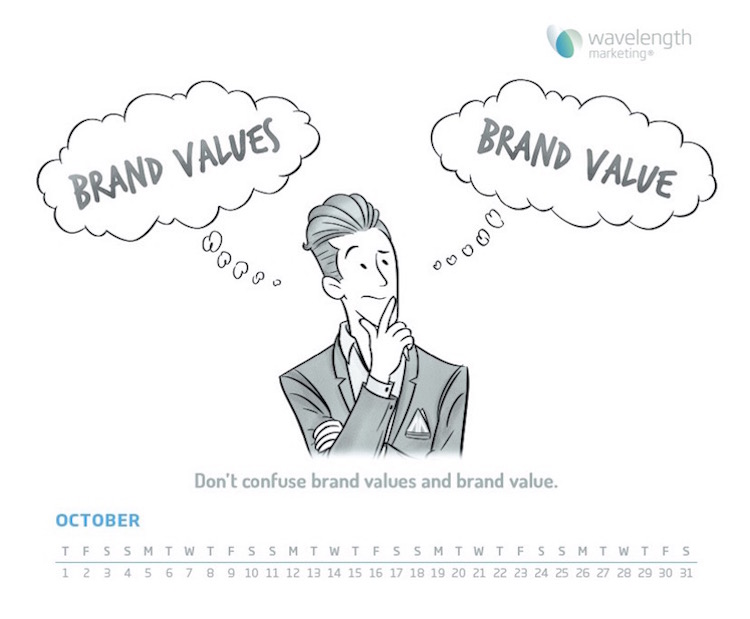
Values are important because they influence our beliefs, which in turn influence our behaviour. Brands try to influence behaviour by aligning with key stakeholders’ values.

Branding tends to be perceived as a soft, fluffy and elusive craft that lacks scientific rigour. Nothing could be further from the truth.

An earlier post outlined the important role part of our brain (the limbic system) plays in influencing choice via brand-related feelings recalled from memory. This part of the brain also deals with things like metaphors, intuition and stories.

Most marketing executives employ a flawed brand performance model. They agonise over financial metrics like ROI, profit, EBITDA, revenue, etc. These are important but more informed marketers consider employee and brand metrics. Why do they take a more holistic and balanced approach?

Brand strategy and more specifically brand building isn’t a piecemeal task. It’s a holistic and integrated process that requires careful thought, planning and organisation-wide engagement.

Branding folk talk about feelings but not many understand why they are so important in the context of brand strategy. Neuroscience has helped brand marketers explain this with greater scientific rigour.

Wavelength’s Darren Coleman was recently asked to comment on how brands can explore experiential campaigns by The Marketer Magazine.

Wavelength’s Darren Coleman was recently asked to comment on how brands can inspire loyalty in the digital age by The Marketer Magazine.


